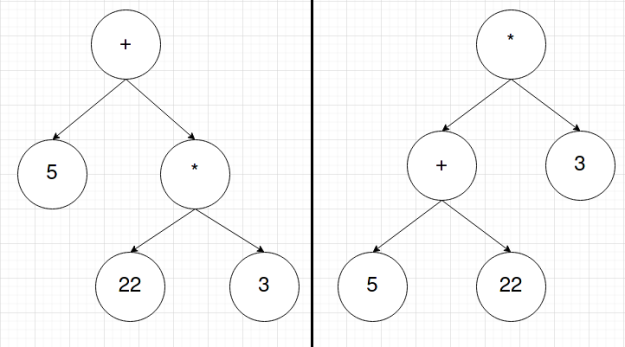Something that is worth noting is Python’s assert keyword. Python has a built in way to create basic unit tests beyond simply printing and making comparisons. This has me thinking about my Sea programming language.
I think much of the hassle I’ve had with unit testing has come from simply getting the environment set up in the first place. If unit tests could be more like a data structure or design pattern – something you know the design of and you can simply implement – I think that would simplify a lot. So while I could create a Sea library for unit testing similar to numerous other libraries (or wait for someone else to make one in Sea), I’d prefer to create a more internal solution.
Sea is fundamentally C, so that means it doesn’t have a lot of high level features that can make unit testing easier. I mean, Sea isn’t even object oriented. That said, the entire design philosophy behind Sea is based on simple syntax that doesn’t add a runtime performance cost. One way I could achieve this is by adding another “stage” to the language. The current design of Sea involves a preprocessor, a lexer, a parser, and a visitor (interpreter, transpiler, or compiler). What I could do is add a tester that would run before the visitor, to test compile-time things (checking types or any other value known at compile time) and then a runtime tester. These could be modular features of the language itself and could be removed if desired.
Another simple solution is to add a handful of keywords to Sea similar to assert. The problem with that is C doesn’t have runtime exceptions. The design would have to be based on the notion that the program is the unit tests. I’ll continue to think this over. After all, Sea is still in its early stages. I’m currently rewriting it (just on the visiting functions now) and then I’ll add functions, pointers, etc. However, if Sea is to become a real, usable language then there will have to be ways of testing code; the simpler and more convenient, the better. After all, that’s the whole point of Sea.
From the blog CS@Worcester – The Introspective Thinker by David MacDonald and used with permission of the author. All other rights reserved by the author.

